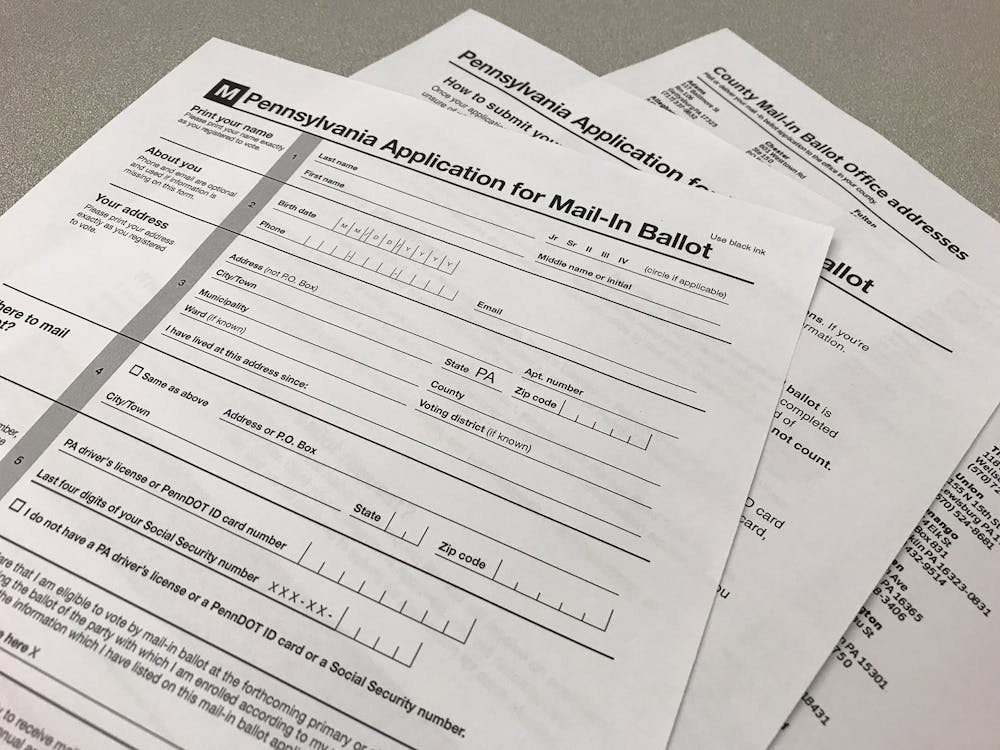A vote for a third-party presidential candidate is not a wasted vote, especially in an election like 2020.
At a time when so many are calling for dramatic political and social reform, voting for a third party is a responsible and effective method of expressing public opinion and bringing about change in political culture.
If you’ve shown interest in voting for a third-party candidate before, you’ve no doubt been told that your vote would be wasted because the candidate could never get more votes than the Democrat or Republican on the ballot. While it’s unlikely a third-party candidate will be elected soon, this doesn’t mean a vote for one is wasted.
When we vote, we can’t consider ourselves to be casting the "winning vote" – the deciding ballot that will dictate who takes office. The Columbus Institute for Contemporary Journalism (CICJ) published in an autumn 2000 edition of their newspaper Free Press that “a Presidential race will never be decided by one vote. And if, by some mathematical chance it got that close, it would be decided politically by Congress.” In other words, voting is about more than a contribution to a candidate’s ballot count, since our individual votes do not carry much weight.
For this reason, voting for a third party is not a waste. A vote for a third party is a great way to show interest in the platform and policies of parties other than those of the two-party system that inadequately represent many Americans' views.
The CICJ wrote on the topic, “When you vote, you gain a certain power that a non-voter doesn’t have; the power to change America.” In addition to the shifting of public attention towards platforms that could be more representative of a larger number of voters, voting for a third-party candidate has tangible effects on the future ability of their party to grow and secure nominations.
For example, the Federal Election Commission says that in order to qualify for its public funding, a minor-party candidate must have “received between five and 25 percent of the total popular vote in the preceding presidential election.” By voting for a third party one year, you are contributing to their qualification for important funds that are enormously helpful in growing their platform for the following election.
Carol Robidoux referenced the FEC's website in a 2016 Manchester Ink Link article which noted that, in 2008, no third-party candidate received 5% of the vote. This meant that only the Republican and Democratic parties and nominees were eligible for grants.
"'Third-party candidates could qualify for public funds retroactively if they received 5% or more of the vote in the general election,'" Robidoux said, quoting the FEC's website.
Essentially, your vote for a third-party candidate diversifies political culture in favor of alternative platforms and helps to secure those platforms the funding and support they need to expand their reach.
Additionally, a third-party vote can be an act of protest, and while some consider it unethical to vote for a third-party candidate simply out of disdain for another, there is no denying the very tangible effects those votes can have on an election.
Most recently, the 2016 presidential election saw an uncharacteristically high number of third-party votes, which contributed to the outcome of the election in a few crucial places.
One such place was swing-state Pennsylvania. Washington, D.C., newspaper Roll Call reported that “[w]hile third-party hopefuls drew just under 83,000 votes in the Keystone State in 2012, they drew more than three times that number, 268,000 votes, four years later.” This proved disastrous for Democratic hopeful Hillary Clinton, who lost the state by 44,000 votes, which could have been supplemented by those who instead cast their ballots for a third party.
Regardless of political affiliation, it’s undeniable that 2016’s turnout was a clear example of the weight a third-party vote can hold in influencing election results.
The 2020 presidential election has important implications for third-party platforms seeking to draw support. Many voters are becoming disenfranchised and don’t feel that this year’s candidates properly represent their beliefs – this fall, their best chance at changing the way we vote is to cast ballots for those who do.

